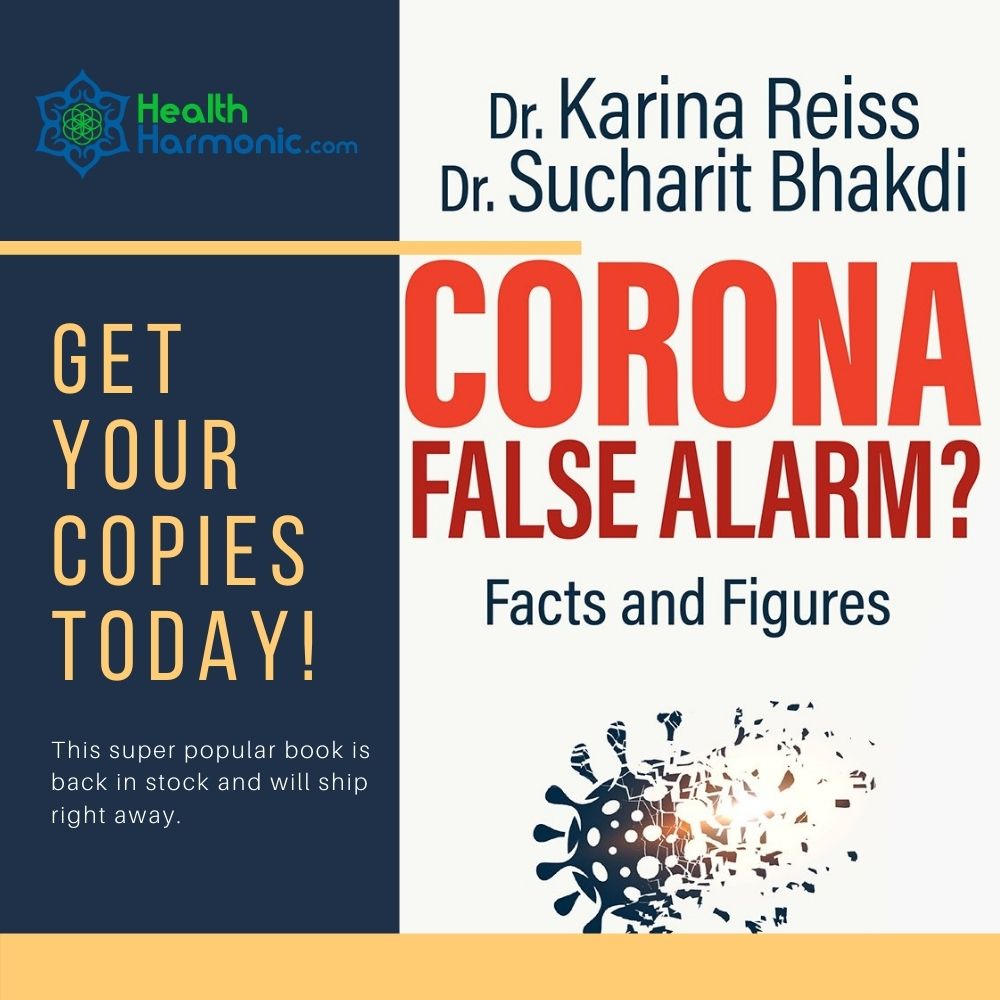
Do you or a loved one snore too loudly during sleep? A new study found that snoring may be a risk factor for Alzheimer’s disease. The study, which involved 1,752 participants, included the assessment of the patients' sleep behaviors.

The study was conducted by Harvard Medical School scientists together with "experts from the Wake Forest School of Medicine in Winston-Salem, North Carolina; the National Institute for Occupational Safety and Health; Stanford University School of Medicine; Brigham and Women’s Hospital; Beth Israel Medical Deaconness Center; University of Washington; and the U.S. Centers for Disease Control and Prevention."
Part of the tests involved analyzing the brain function of the patients as well as memory and attention using the Digit Span Test. While the study suggests that snoring could be linked to Alzheimer’s disease, researchers did not explore the link between sleep apnea and other sleep disorders to mental decline.
New research suggests snoring is linked to Alzheimer’s
(Natural News) A new study conducted by researchers at Harvard University showed that snoring while sleeping is correlated with the risk of contracting Alzheimer’s disease as it was found that people who are at-risk of the condition are more susceptible to it when they constantly experience difficulty in breathing while they’re asleep. Daytime sleepiness and sleep apnea are also signs that one might be suffering or might be vulnerable to risks of impaired attention, memory, and thinking, especially among people who are predisposed to cognitive decline, the research added.
“Individuals with SDB (sleep-disordered breathing) commonly report problems with cognition and may be at increased risk for dementia. Our results suggest that more severe overnight hypoxemia and sleepiness may be related to poorer cognitive function, especially attention, concentration, and process speed in middle-aged to older adults, and that the risk is greater among carriers of APOE, a known risk factor for Alzheimer’s disease,” study author Dr. Dayna Johnson said.
People who were at-risk of developing Alzheimer’s had in them a gene known as apolipoprotein ε4 (APOE-ε4) allele, which transports cholesterol and facilitates brain injury repair in healthy people. Around 20 percent of the people in the United States likely carry the APOE-ε4 allele, while 40 percent of Americans likely snore while sleeping, the study said.
“With use of this type of information, future risk stratification may help to identify individuals at increased risk for SDB-related cognitive effects,” Dr. Johnson said.
Image courtesy of: Ella Grace Bell






